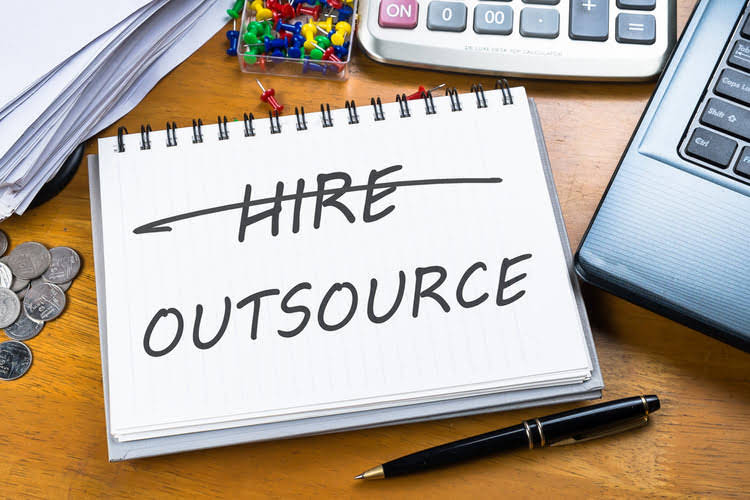
Forensic accounting is a type of accounting that investigates financial information for potential evidence of crimes. Forensic accountants use legal skills to determine if a financial activity is illegal and provide litigation support and investigative accounting services. Organizations can utilize forensic accountants to track their financial performance, identify fraudulent activities, or prevent fraud before it happens by conducting management reviews and audits. A forensic accountant is a trained professional who provides evidence to quantify damages suffered by parties involved in a legal dispute, investigate criminal activity, and examine and interpret legal facts and evidence. Forensic accountants use their skills and expertise to assess financial information to resolve disputes or uncover financial fraud. They know accounting principles, auditing procedures, tax laws, corporate governance rules, ethical codes of conduct, investigative techniques, computer forensics tools, and other specialized topics related to their field.
Recommended if you’re interested in Finance
Their investigative efforts can lead to the identification of money-laundering schemes and, potentially, the perpetrators behind them. Forensic accountants often find themselves on the frontlines in the battle against this sophisticated financial crime. Money laundering, the process of making illegally-gained money appear legitimate, poses significant challenges forensic accounting examples to economies and societies. They ensure the calculated losses are comprehensive, accurate, and substantiated by financial evidence. After quantifying losses, accountants assess financial compensation for divorces, property disputes, and family disputes. Apply to DePaul’s online MSA program today and get ready to take the next step in your career.

Do you need to be a CPA to be a forensic accountant?
You might start applying for forensic accountant openings at insurance companies, law enforcement agencies, or other private businesses. Along the way, committing to ongoing learning and professional development in the form of additional designations, workshops, and classes can serve you well as you make a name for yourself in this field. A forensic accountant plays an important role in contract negotiations by providing information about past performance and financial data to help ensure that all parties adhere to the agreement’s terms.
- A forensic accountant is a trained professional who provides evidence to quantify damages suffered by parties involved in a legal dispute, investigate criminal activity, and examine and interpret legal facts and evidence.
- Additionally, they must understand the laws governing financial transactions to advise legal professionals on those matters.
- Forensic accountants analyze financial records and accounts that may be used as legal evidence and often testify in court cases as expert witnesses.
- He was eventually brought down thanks to the hard, diligent work of forensic accounting.
Forensic accounting can be used to analyze financial documents and records to identify discrepancies or irregularities
Forensic accounting can investigate various criminal activities, including financial theft, securities fraud, M&A-related lawsuits, tax evasion, and more. Forensic accountants use various techniques to identify fraud and https://www.bookstime.com/ can analyze data to look for abnormalities or patterns predictive of misconduct. They also use qualitative and quantitative approaches in their investigations, focusing on personal characteristics and financial data.
To become a forensic accountant, you’ll also need to develop various workplace skills to handle data and present findings. Forensic accounting is a rapidly growing field that offers many opportunities for those with the right skills and forensic accounting education. As you pursue a career in forensic accounting, you’ll need to do a few things to get started. Thomas J Catalano is a CFP and Registered Investment Adviser with the state of South Carolina, where he launched his own financial advisory firm in 2018. Thomas’ experience gives him expertise in a variety of areas including investments, retirement, insurance, and financial planning.
These red flags can then be investigated further to determine if they point to fraudulent activity. Unfortunately, financial crimes like money laundering, tax evasion, and fraud can have a substantial impact on businesses of all sizes. Forensic accountants play a critical role in uncovering instances of financial crimes and doing their part to get criminals prosecuted. Forensic accounting is a type of accounting where you investigate financial information for potential evidence of crimes. Forensic accountants use accounting, auditing, and investigative skills to understand whether a person or company has committed financial misconduct, such as embezzlement or fraud.

Insurance Claims
- Having a background in insurance, investigations, or even law enforcement can be useful here.
- The Deloitte Foundation also offers case studies covering accounting and auditing topics.
- This human aspect of forensic accounting adds a layer of depth to their investigations, complementing their financial analysis and guiding them towards the truth.
- This is especially common in instances where one spouse is accused of hiding money or otherwise mishandling funds.
- If you’re interested in a career in finance with some potential for dramatic, high-profile cases, forensic accounting might be right for you.

0 Comments